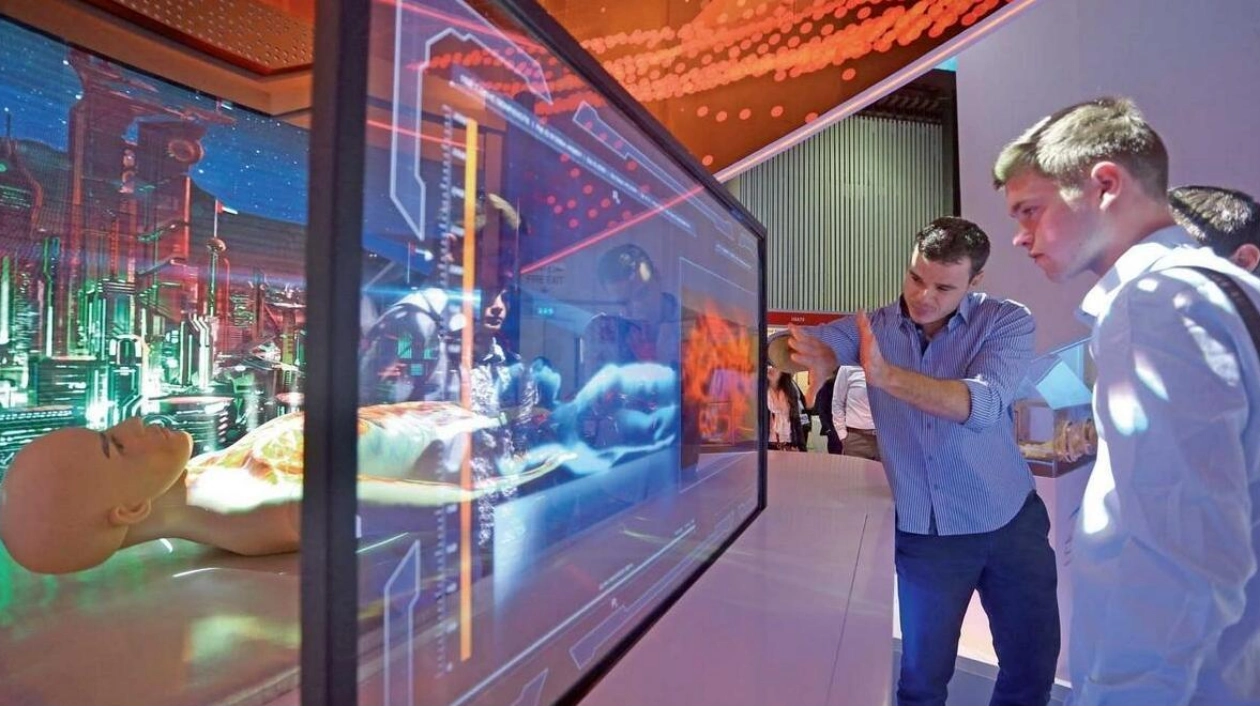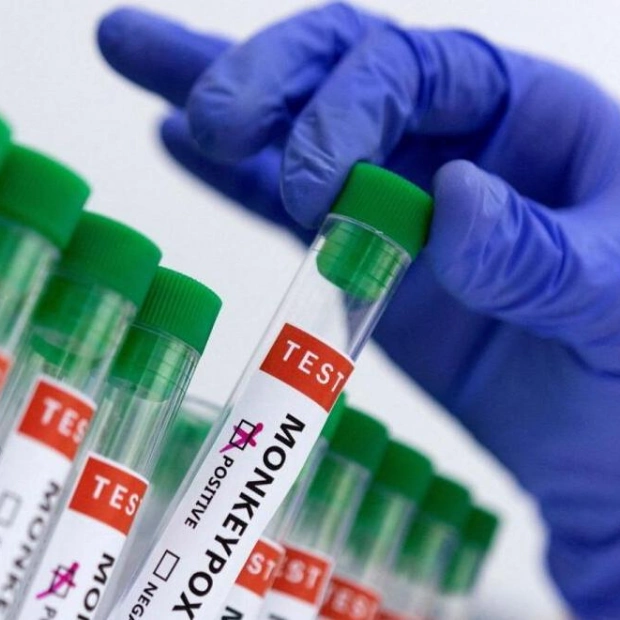Space could be the solution to one of humanity's most enduring health issues—conditions like knee problems that now affect even Millennials. During the Abu Dhabi Space Debate on Tuesday, experts discussed the potential of space as a laboratory for regenerative medicine. They emphasized how the International Space Station (ISS) is not only a hub for astronauts and experiments but also a promising platform for tissue engineering breakthroughs.
Research on the ISS has already led to the creation of meniscus tissue, vital for knee joint repair, and live cardiovascular tissue, crucial for heart health. These advancements could transform medical science, offering new treatments for various age-related health problems. Mike Gold, Chief Growth Officer of Redwire Space, stated, “We are at a pivotal moment in space development where spaceflight gravity, biotech, and pharmaceuticals are converging to revolutionize these fields.” Redwire Space has successfully manufactured the first meniscus in space and printed live cardiovascular tissue on the ISS, which was brought back to Earth alive, showcasing the potential for treating cardiovascular conditions.
Gold also highlighted the future possibility of building whole organs in space, which could eliminate the need for organ donation. “We will be able to construct entire organs in this system, revolutionizing life on Earth,” he said. This innovation could save lives by making organs readily available and reducing the risk of rejection.
The former NASA Associate Administrator added that the UAE’s emphasis on inclusivity in the Artemis Accords has been crucial. The UAE’s contribution to the Gateway airlock for the lunar-orbiting station underscores its commitment to sustainable space exploration. Gold praised the UAE’s role in ensuring that countries of all sizes and capabilities can participate in the Artemis program, leading to the success of the Accords with 48 signatories.
In addition, Gold discussed the potential of commercial space ventures and public-private partnerships to address sustainability challenges. He noted that orbital debris could be repurposed for fuel and construction in space, turning a problem into an advantage. This innovative approach could benefit both space exploration and Earth’s sustainability efforts.
Source link: https://www.khaleejtimes.com






